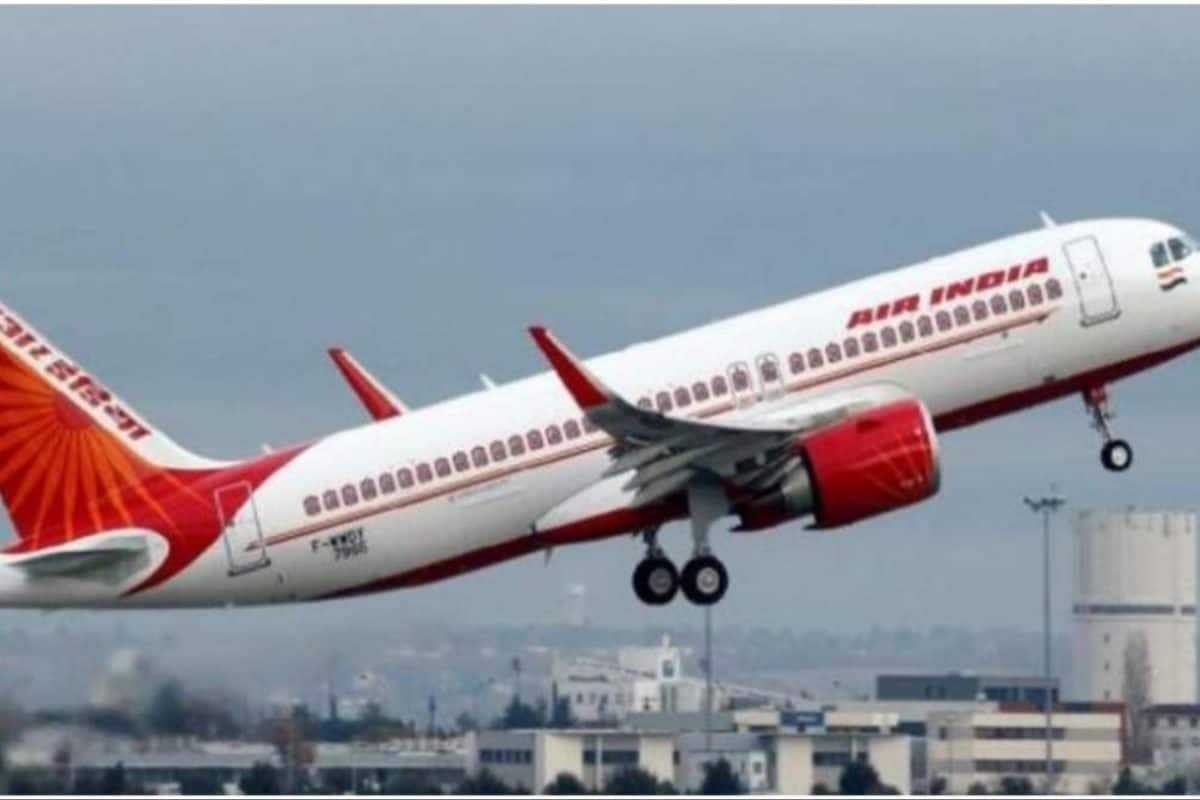

Several Air India flights en route to various international destinations have been compelled to return to India following Iraq's decision to close its airspace. This closure comes in response to Israeli military actions against Iran. The closure is causing significant disruption to air travel across the Middle East and impacting airlines that rely on Iraqi airspace for their flight routes.
Iraq's Ministry of Transport officially announced the airspace closure and suspension of all air traffic at Iraqi airports on Friday, June 13, 2025. This action was taken following the commencement of what Prime Minister Benjamin Netanyahu has termed "Operation Rising Lion," a series of Israeli strikes targeting Iranian nuclear and military facilities. Netanyahu stated that the operation would continue "as many days as it takes to remove this threat," while Israel's defense minister described the strikes as preemptive measures prompted by concerns over Iran's uranium enrichment activities. The United States has denied any involvement in the operation.
The closure of Iraqi airspace has immediate and substantial consequences for airlines, particularly those operating routes between India and Europe. Air India, a major carrier on these routes, has been directly affected, with several of its flights forced to turn back to their origin airports in India. The specific number of affected Air India flights and their original destinations have not been disclosed in the available reports, but the impact is expected to be widespread, affecting numerous passengers and causing considerable delays.
The closure necessitates that airlines find alternative routes, adding to flight times and fuel costs. Possible alternative routes include flying north over countries such as Georgia, Armenia, Azerbaijan, Turkmenistan, and Uzbekistan. Another option involves a more southerly route over Egypt and Saudi Arabia. However, these alternative routes are already congested due to other airspace restrictions, such as the ongoing war in Ukraine, which has forced flights to avoid Russian airspace, and conflicts in Sudan and Libya.
The increased flight times and congestion will likely lead to higher operational costs for airlines, potentially resulting in increased airfares for passengers. Moreover, the rerouting places additional strain on air traffic control systems, which must manage the increased volume of air traffic in already busy corridors. The situation is dynamic, with airspaces sometimes closing with little notice, forcing air traffic controllers to find alternative routes in real time.
Air India has a history of adjusting its flight operations in response to geopolitical tensions in the Middle East. In the past, the airline has suspended flights to Tel Aviv and altered long-haul flight timings to avoid conflict zones. The current situation is being closely monitored by Air India, with daily assessments of flight safety.
The broader implications of the Iraqi airspace closure extend beyond immediate flight disruptions. Geopolitical conflicts can significantly impact global aviation, highlighting the vulnerability of air travel to unforeseen events. Airlines must remain agile and adapt to changing circumstances to ensure passenger safety and minimize disruptions.